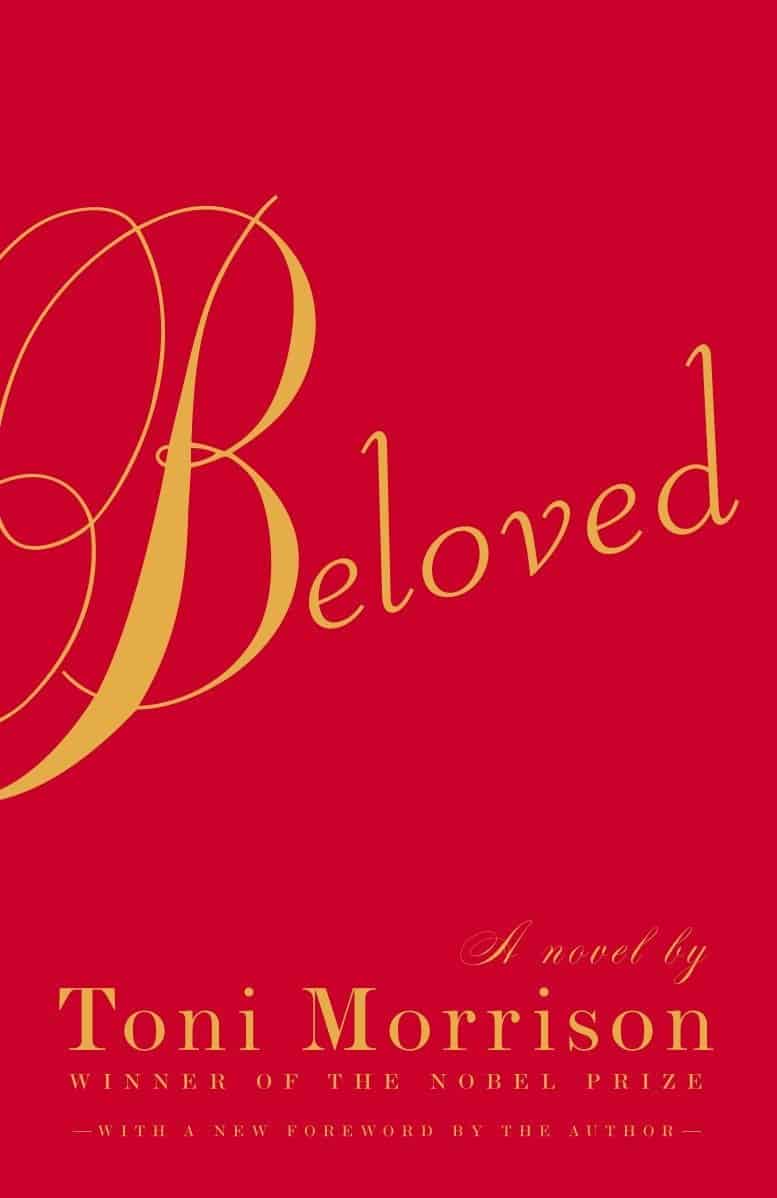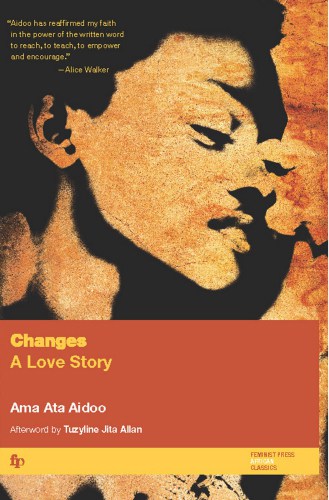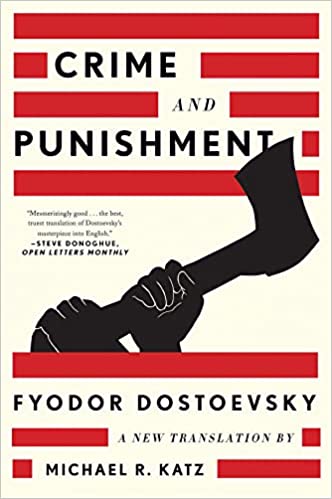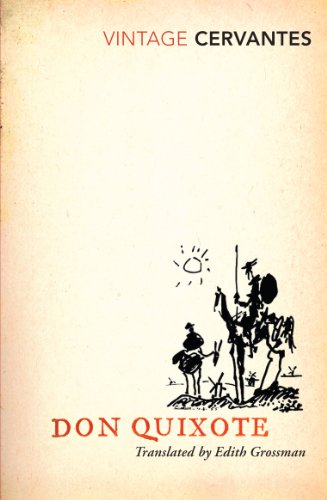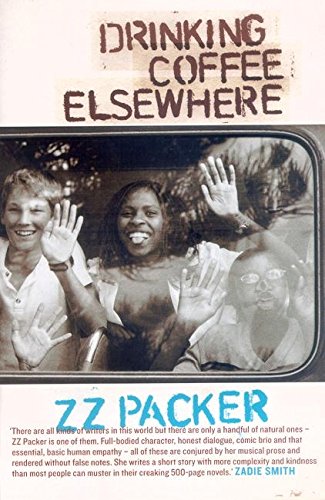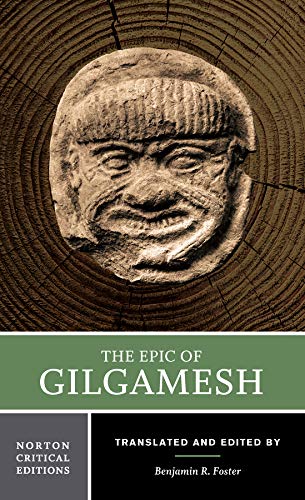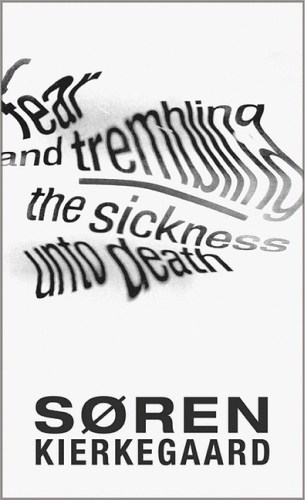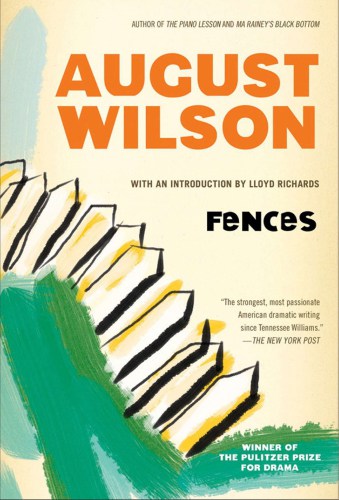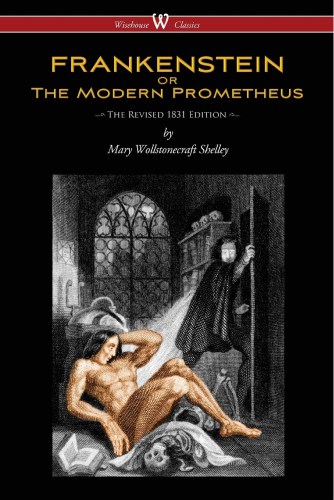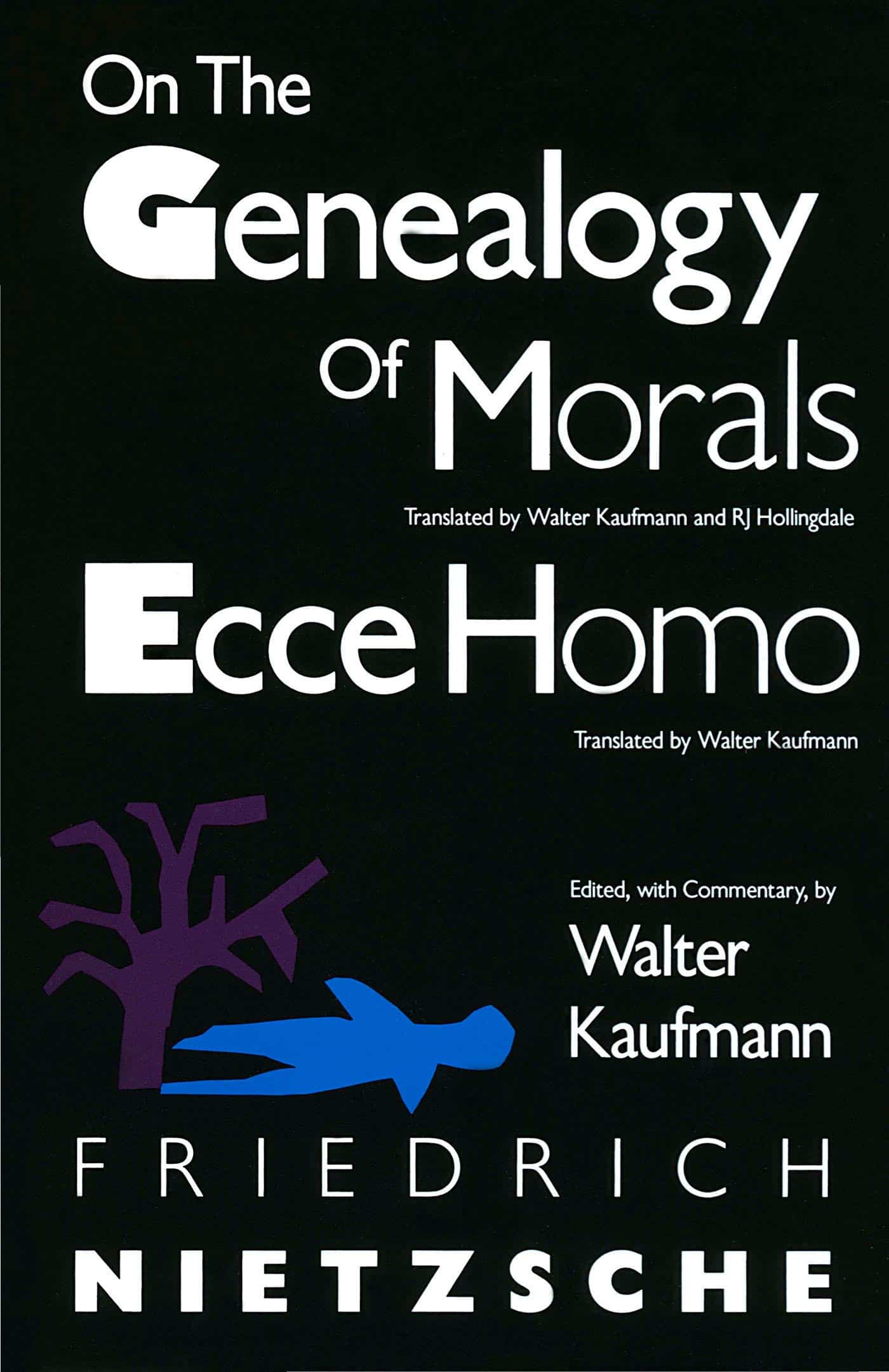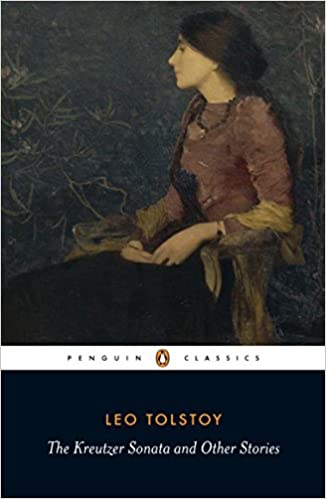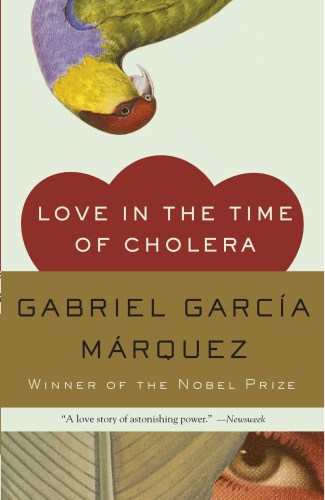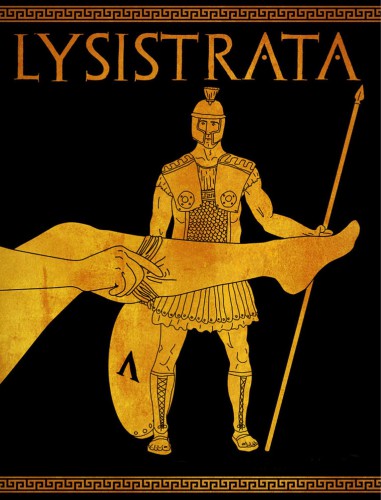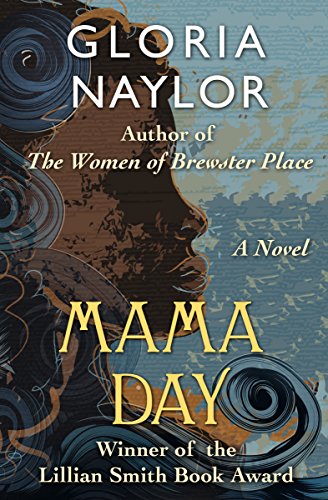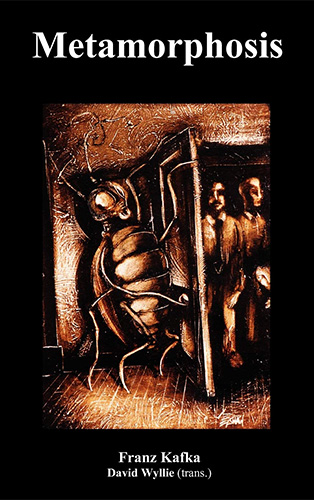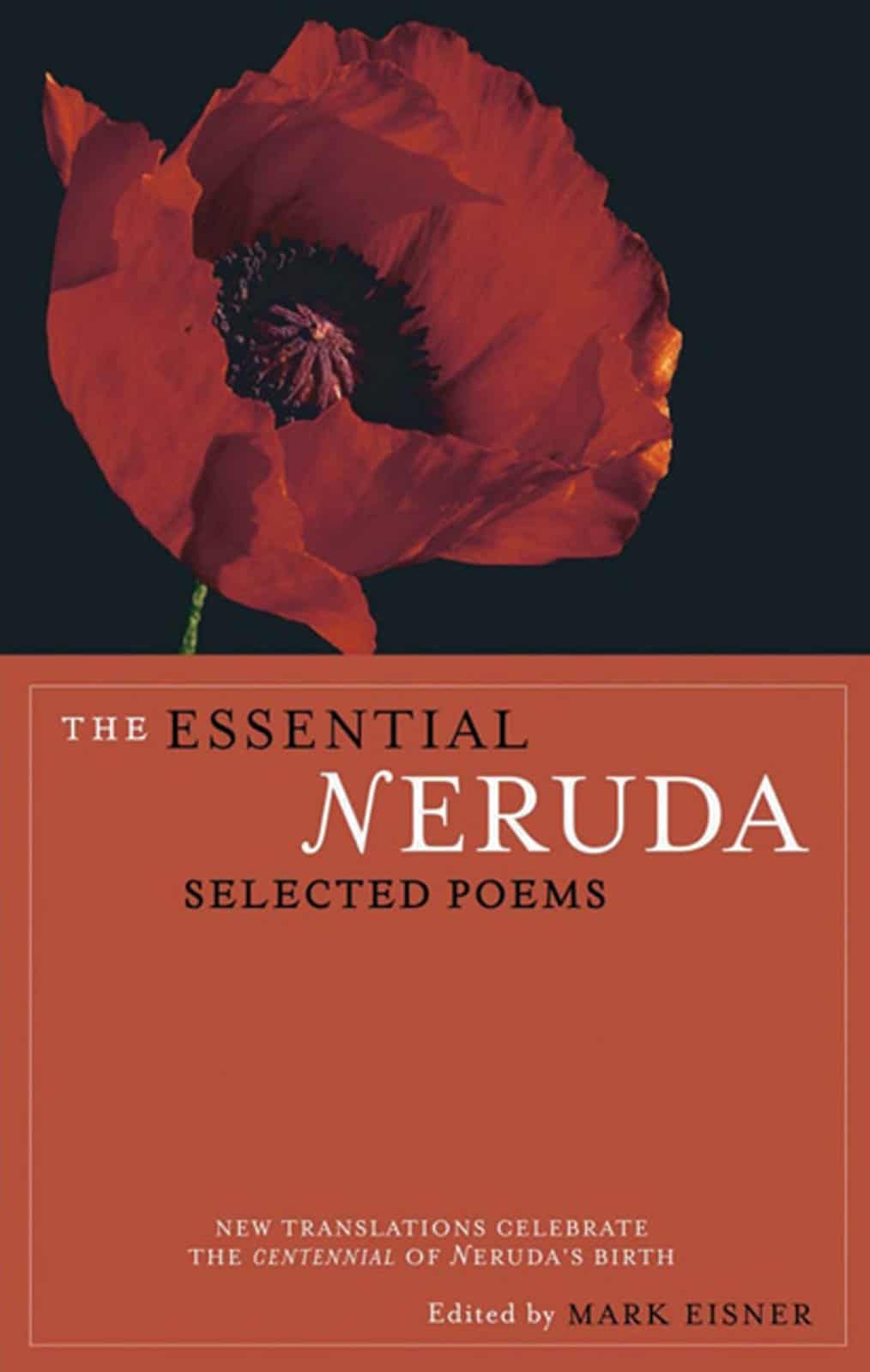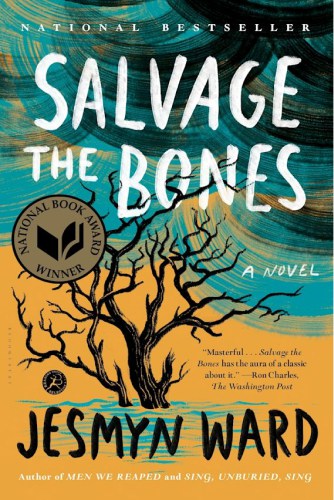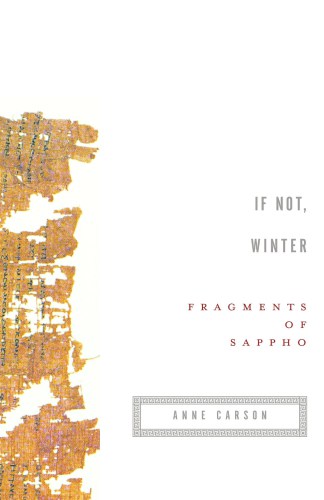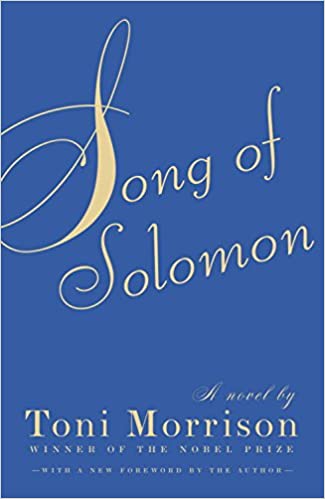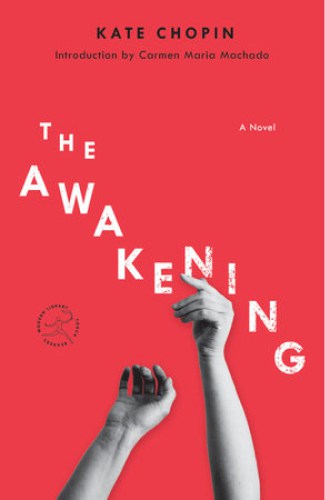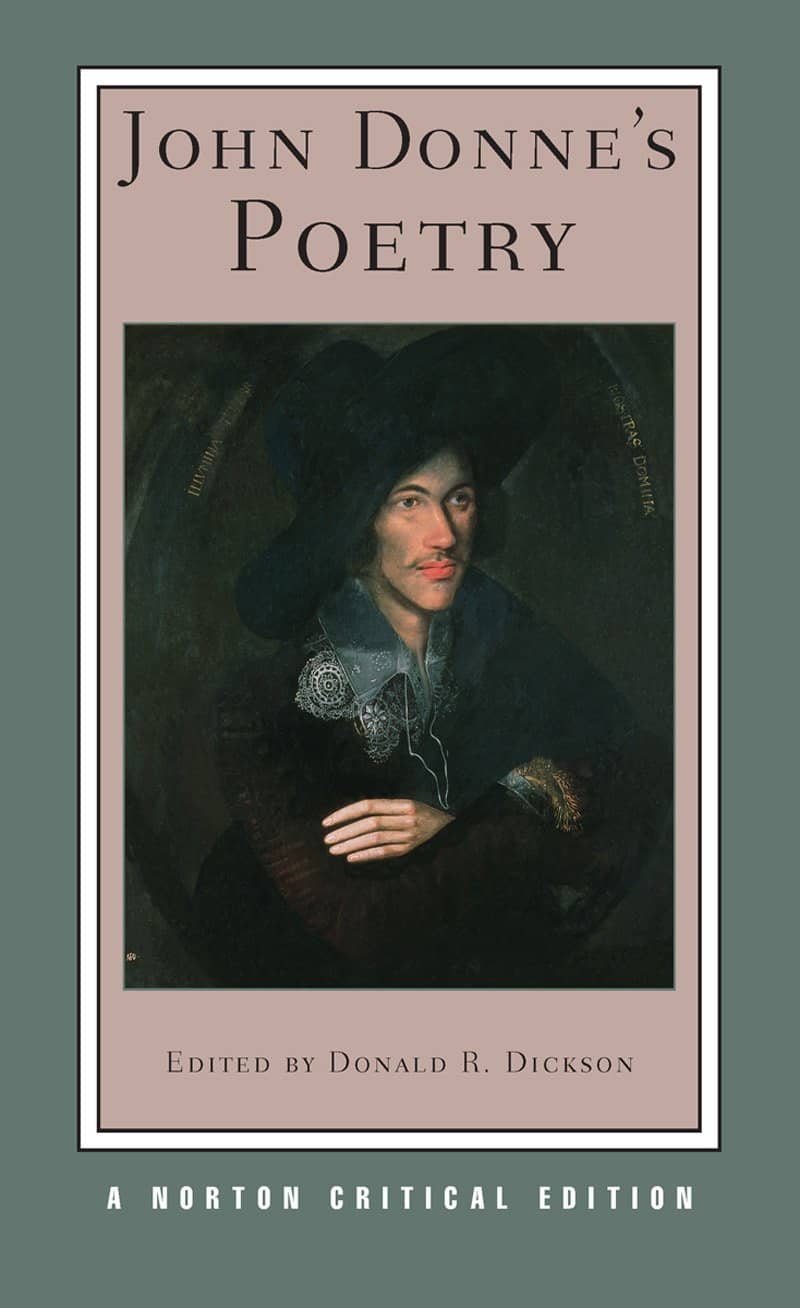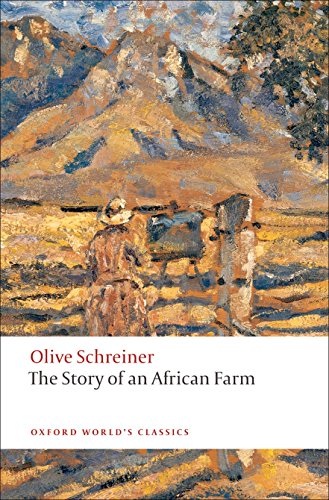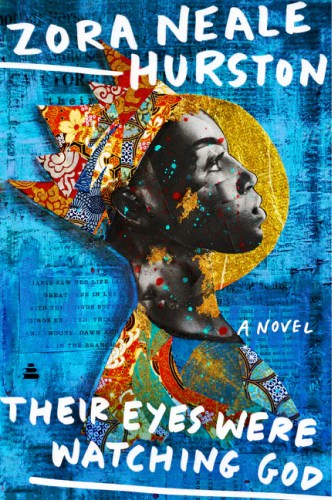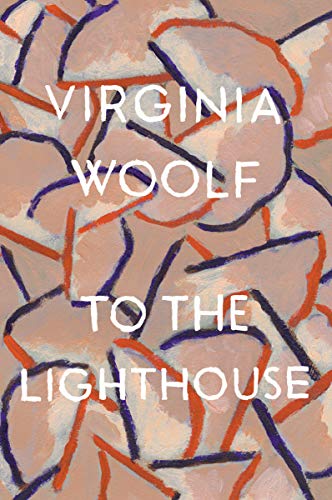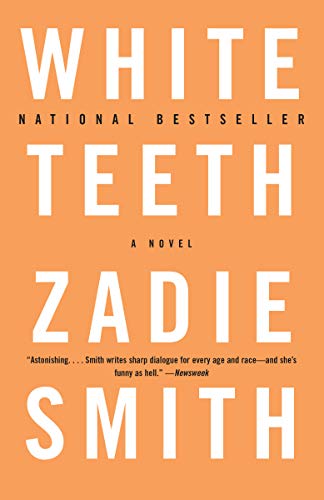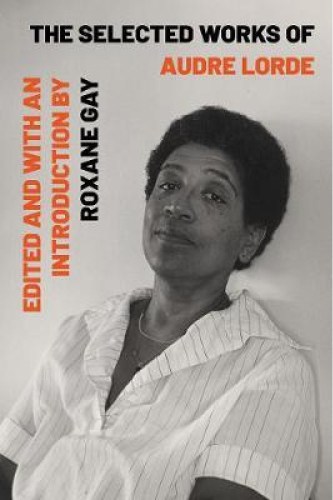
Audre Lorde
Audre Lorde praises, rages, turns a critical eye, desires. The poems are relentless in their observations of Black lives and loves. Lorde was a cultural observer who spoke passionately about the oppressive structures of race, gender, class and sexuality. She articulated the ways that, in the name of sameness, Black women’s experiences were devalued by white women and black men alike and how lesbian sexuality was threatening to both groups and could be used to silence her in both movements. In an interview with James Baldwin, she argued, “We need to acknowledge those power differences between us and see where they lead us. An enormous amount of energy is being taken up with either denying the power differences between Black men and women or fighting over power differences between Black men and women or killing each other off behind them.”

